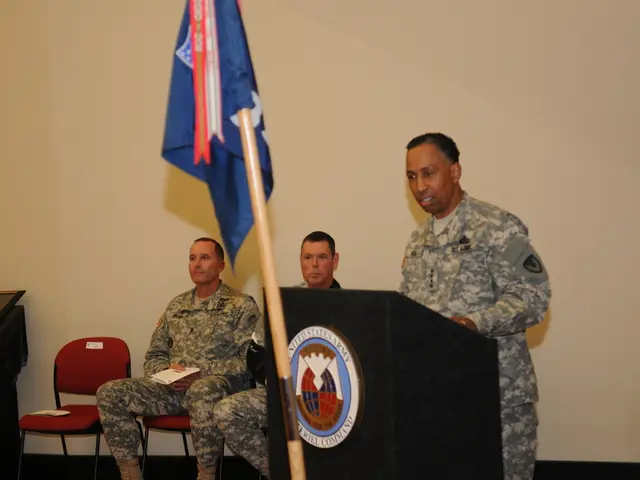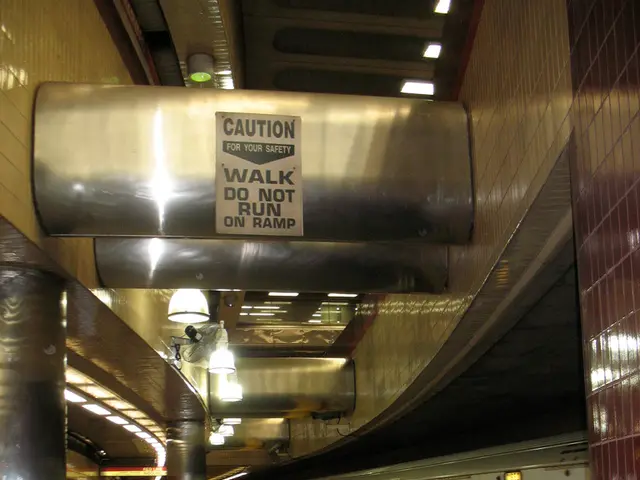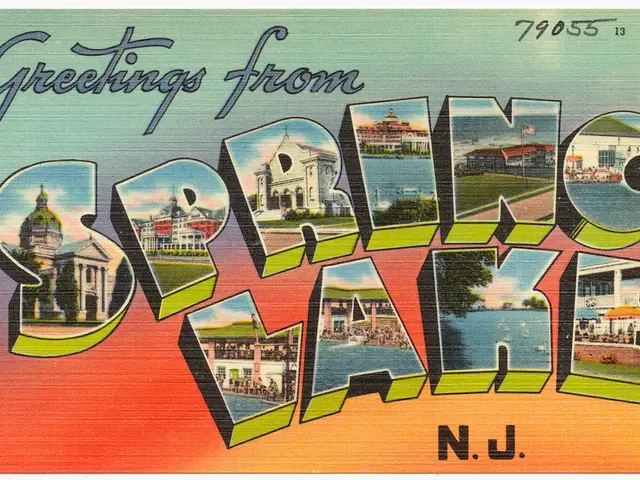Harvard EncounteringTargeting Again by The White House
U.S. to Intensify Background Checks for International Students at Elite Universities, Including Harvard
The U.S. Department of State has announced plans to tighten the vetting process for international students hoping to study at prestigious American universities, such as Harvard. This will involve more comprehensive background checks and scrutiny of social media profiles.
According to a report by CNN and online publication "Politico," the department has instructed U.S. embassies and consulates to begin this process immediately. The review will target not only students but also researchers and guest speakers.
The review will consist of a "comprehensive screening of online presence" for visa applicants, as per the directive. If an applicant has limited or no online presence or has set their social media profiles to private, consulate staff may question their credibility.
The increased scrutiny is part of a broader effort to ensure compliance with U.S. laws and to address concerns about security and ideological vetting. The measures, considered a pilot project, could potentially be expanded to other U.S. universities if successful.
The Trump administration has specific issues with Harvard, regarded as a thorn in the side of the government due to its resistance to far-reaching demands. The administration has previously cut billions in funding for the university and wants to prevent it from admitting international students, with a legal battle currently underway.
The administration accuses universities like Harvard of not doing enough to combat pro-Palestinian protests and tolerating anti-Semitic incidents on campus. The new measures are an extension of the government's broader initiative to tighten scrutiny of incoming foreign students and exchange program participants.
Researchers and guest speakers may face increased scrutiny, which could potentially affect their ability to obtain visas due to controversial past statements or actions deemed inconsistent with U.S. policies. The halt on new student visa interviews and the expansion of vetting procedures could lead to delays in visa processing, affecting travel plans and research collaborations. The heightened scrutiny might also deter some researchers and guest speakers from applying, potentially impacting academic freedom and international collaboration.
- The Commission, in line with the intensified focus on security and ideological vetting, might be asked to submit a proposal for a directive on the protection of researchers and teachers from the risks related to exposure to political controversies, especially during the vetting process for visas.
- In the context of education-and-self-development, the ongoing legal battle between the Trump administration and Harvard University highlights the importance of understanding the impact of general-news events, such as the increased scrutiny and potential restrictions, on the academic freedom and international collaboration in education institutions.







